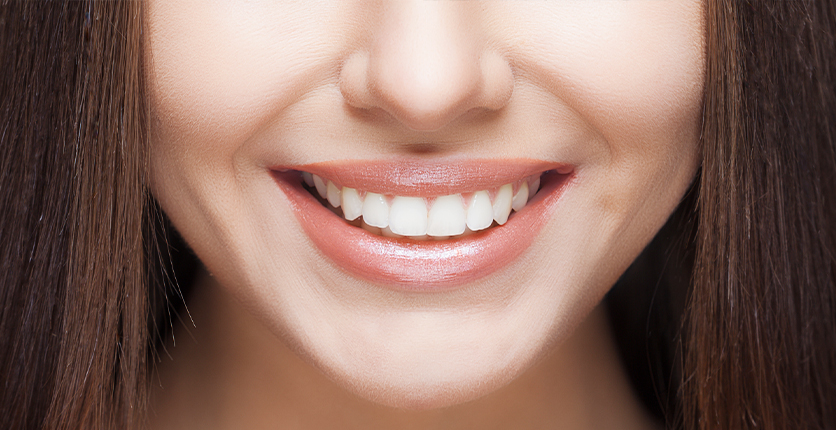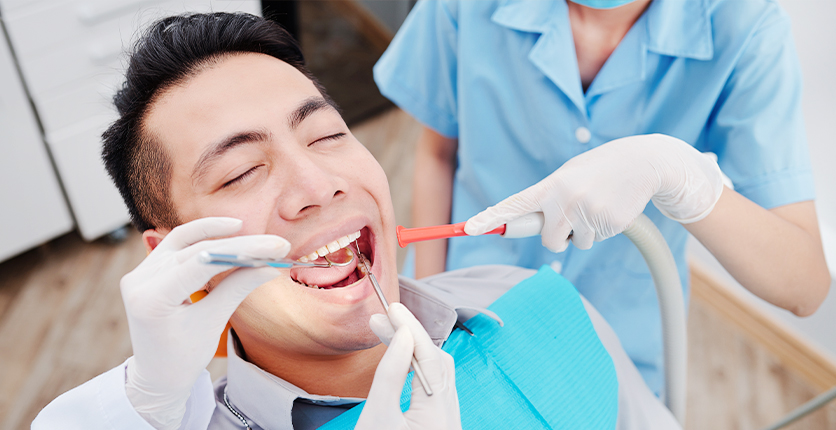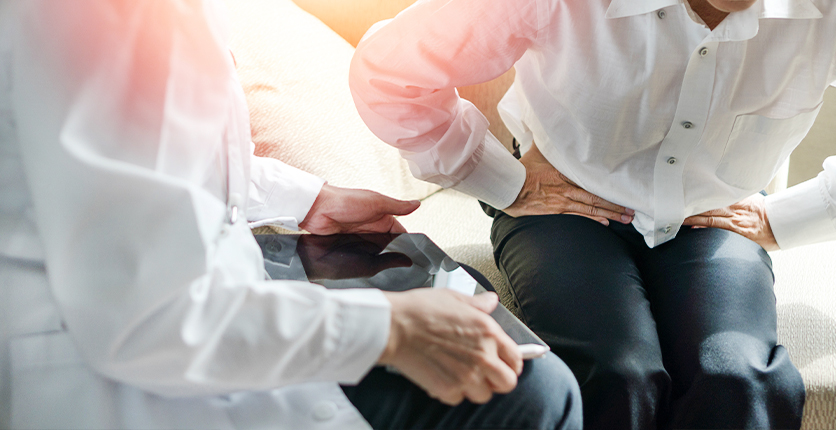Good oral hygiene doesn’t just keep our teeth looking good; it can also help reduce chronic, long-term inflammation in the body. According to Dr Samintharaj Kumar, Founder and CEO of Nuffield Dental, our oral cavity houses a range of microorganisms which include bacteria, viruses, fungi and protozoa. This is called the oral microbiome.
When we don’t take care of our teeth and gums, we tend to experience an overgrowth of bad bacteria in our mouth. These bad bacteria can travel through the bloodstream and down to our gut, setting off a series of inflammatory responses in the process. When this inflammation persists over a long period, we run a higher risk of developing serious illnesses, from depression and cardiovascular disease to diabetes and even some cancers.
“An unhealthy oral microbiome can make you feel unwell,” Dr Kumar explains.
“Harmful bacteria can contribute to conditions such as effective endocarditis that can lead to heart problems. These bacteria can also travel to the brain and increase your risk of stroke.”
Here, Dr Kumar shares expert tips for maintaining good oral health to minimise chronic inflammation in the body.
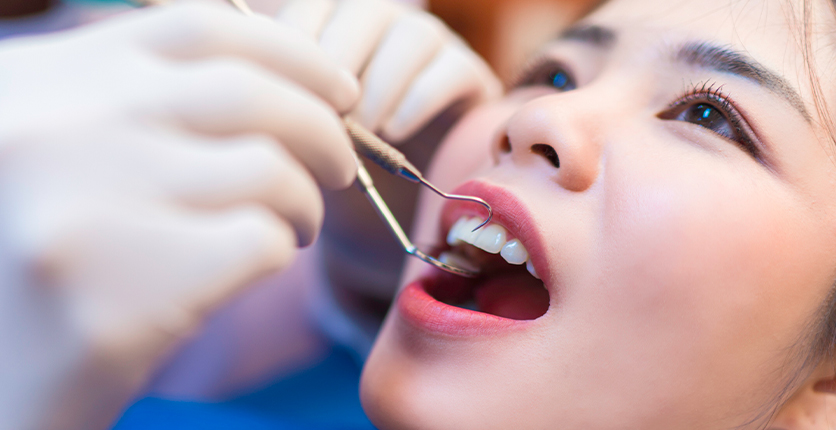
Q: How does our oral microbiome develop?
Dr Kumar: It develops when we’re born. As we pass through our mother’s birth canal, we start to acquire these microorganisms, and, as we get older, the number of microorganisms decreases or increases, depending on our genes and other factors.
Q: Are these microorganisms beneficial or harmful?
Dr Kumar: There are both good and bad microorganisms in our mouth but the balance between them differs for everyone. This balance may be influenced by a range of factors, from physical illnesses like flu and food poisoning to oral hygiene habits, for instance.
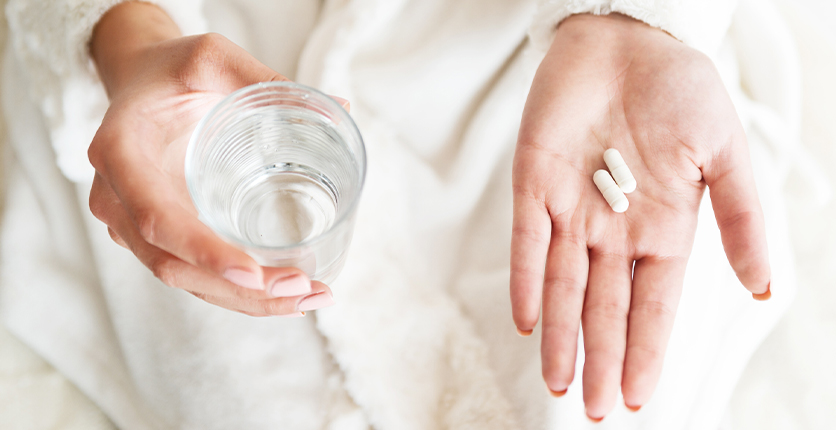
Q: Can certain medications affect this balance as well?
Dr Kumar: Yes. When you take antibiotics to fight an infection, for example, the populations of both the good and bad bacteria may decrease. This can trigger inflammation, because as the microorganisms die, the particles make their way through your bloodstream, and this may trigger certain responses including fever, fatigue and even depression.
Some bad bacteria also stick to the food you eat. As they pass through your digestive system, they’re detected by your body’s white blood cells or lymphoid system, triggering certain responses too.
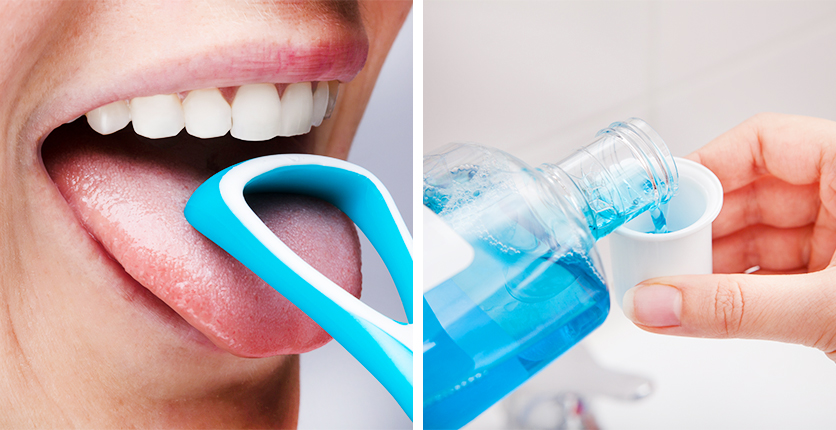
Q: How are tongue scraping and using mouthwash effective at keeping our oral microbiome healthy?
Dr Kumar: Tongue scraping, which can be done using either a tongue scraper or toothbrush, helps to remove the layer of debris on the surface of the tongue. Plaque and food particles can accumulate on these cells, hastening the growth of bad bacteria and leading to inflammation in other parts of the body.
Rinsing with mouthwash helps to reduce the number of bad bacteria in the mouth. These bacteria may have originated from oral infections such as ulcers or a sore throat, or from wisdom tooth extractions or dental implant procedures (such procedures may cause bleeding and an opening where bacteria can enter the body).
Mouthwash speeds up healing by inhibiting the growth of bad bacteria. It also keeps the oral cavity moist throughout the night, which is important since harmful bacteria thrive in a dry environment.
Studies have shown that mouthwash containing Chlorhexidine Digluconate can improve oral hygiene by minimising harmful bacteria in the mouth. But, unless required (for example, post-surgery), mouthwash should not be used every day for longer than two weeks. Generally, we advise patients to stop using mouthwash for three days before resuming use. This is because Chlorhexidine Digluconate can stain your teeth. Plus, it has a sticky after-feel, which may cause bacteria to cling to and accumulate on your teeth.
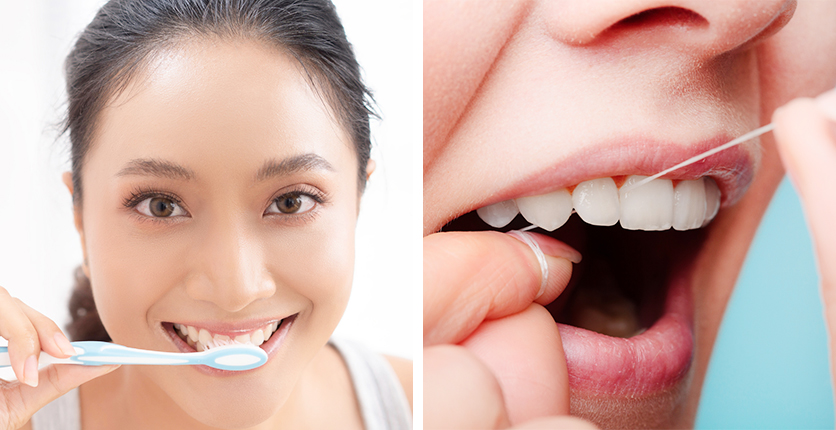
Q: What’s an optimal dental hygiene routine to keep bad bacteria at bay?
Dr Kumar: When it comes to brushing, try the Modified Bass Technique. Place your toothbrush at a 45-degree angle to your gumline. This is where most plaque collects. Move the bristles under the gumline, using gentle pressure to massage your gums and teeth.
I suggest brushing twice a day, after breakfast and before going to bed. I also recommend flossing after every meal to remove food particles and reduce plaque formation. Flossing is especially important for people with “food traps”, such as missing or crooked teeth, or teeth with fillings or crowns.
To maintain a healthy oral microbiome, see a dentist every six months. During these visits, besides removing plaque and tartar, the dentist will look for other problems like gum disease, so you can get them treated early. This is especially crucial if you have other medical conditions such as diabetes or if you smoke.
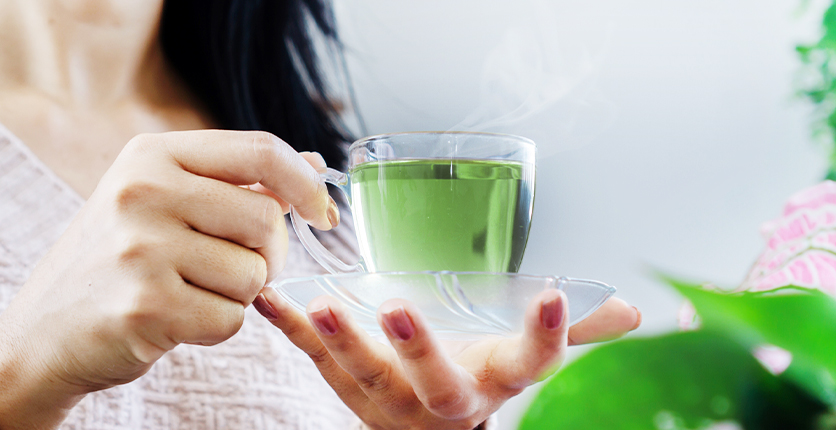
Q: Can consuming certain foods or beverages help with maintaining a healthy oral microbiome?
Dr Kumar: Yes, anything that requires chewing will promote the flow of saliva, which helps to wash away bacteria.
Studies have shown that green tea contains epigallocatechin galate (EGCG), a substance with antioxidant, anti-inflammatory and antimicrobial properties. EGCG supposedly inhibits the growth and activity of harmful bacteria that cause periodontal (gum) disease. Black tea, on the other hand, causes staining, which encourages bacteria to stick to the surface of your teeth and tongue.
Foods containing probiotics may promote the growth of healthy bacteria in the gut, which we don’t have enough of in the mouth. Ask your dentist for recommendations.
SAFRA members receive special discounts on dental treatments at Nuffield Dental, among a range of other dental healthcare providers. For the full list of dental health benefits, go to safra.sg/promotions/
Want more health articles like this, and other lifestyle content right in your inbox? Download the new SAFRA mobile app and opt in for the eNSman Newsletter – you don’t need to be a SAFRA member to subscribe – and never miss another story!
